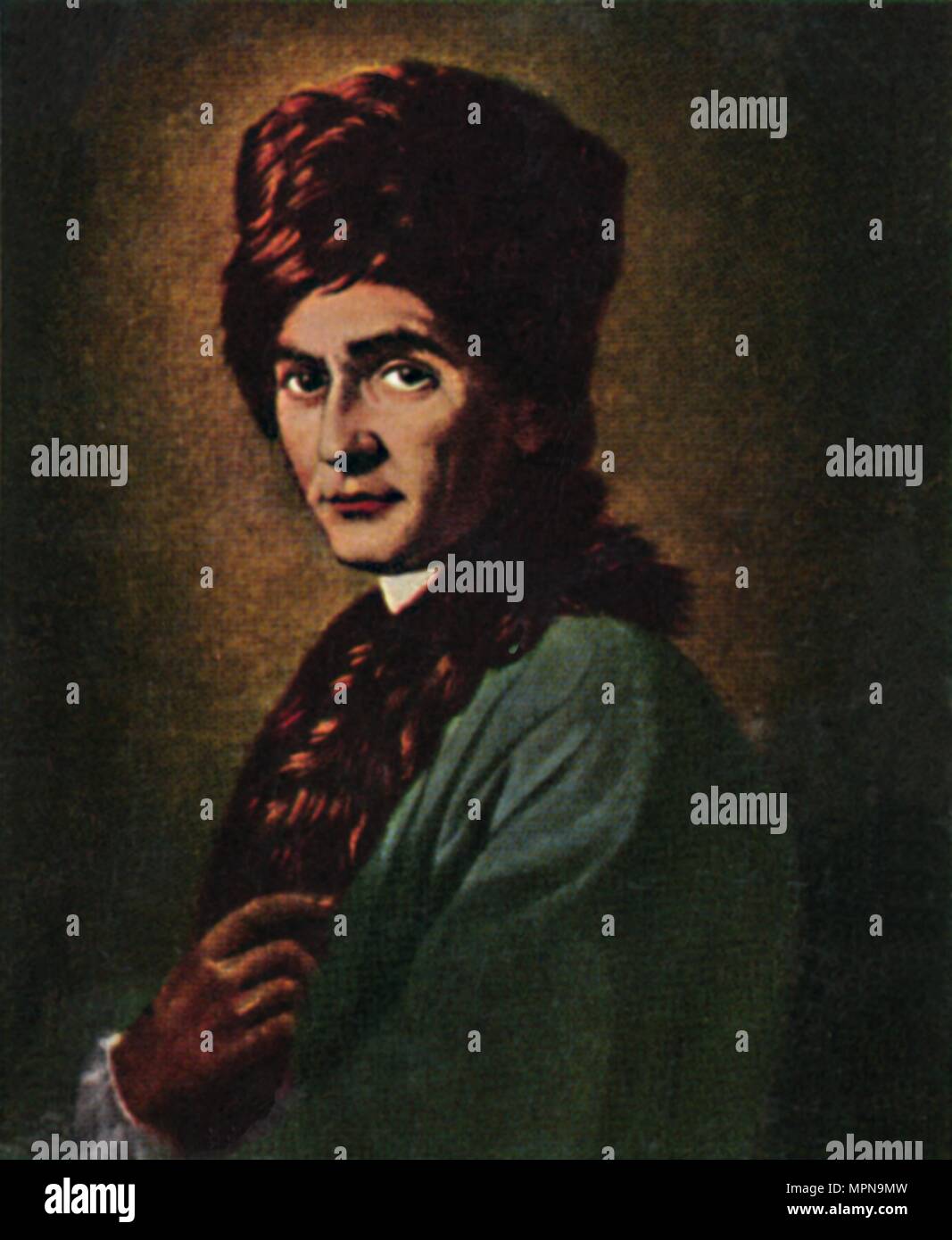

The arguments for and against Nussbaum's idea (universalism vs particularism) are presented, and one of the opposing views highlighted: that cosmopolitan moral education is not just an education in moral ideas it is (or ought to be) an education in the particular ways in which people have inhabited the world (rather than the purely local aspects of their inhabiting particular territories).

The essay provides just a few examples to illustrate the concrete particularity of the world community for which we are urged by Nussbaum to take responsibility, with the aim of refuting the view of those who condemn cosmopolitanism as an abstraction. Jeremy Waldron's essay centres around Martha Nussbaum's ideas on cosmopolitan education: Nussbaum argues that we should make 'world citizenship, rather than democratic or national citizenship, the focus for civic education'. Kant’s reinterpretation of Rousseau is favourable and creative and has found many followers up to the present, but is misleading, as he ignores the dilemma and imposes his own conception of cosmopolitanism, of cosmopolitan education and of (possible) progress in history on Rousseau while claiming that this was actually Rousseau’s message. I claim that the dilemma of education according to Rousseau is that one has to choose between education of homme or education of citoyen, and that there is no way to avoid or go beyond this stark alternative. Rousseau’s role is more complex: he clearly influenced Kant he is usually considered a precursor of modern nationalism and national education and recent studies have stressed the cosmopolitan dimension of his educational programme. Kant’s encounter with Basedow and the Philanthropinum in Dessau helps to understand the development of Kant’s concept of cosmopolitanism and educational theory ‘in weltbürgerlicher Absicht’. It argues that both Basedow and Kant defined cosmopolitan education as non-denominational moral formation or Bildung, encompassing-in different forms-a thin version of moral religion following the core tenets of Christianity.

The goal of this essay is to analyse the influence of Johann Bernhard Basedow and Rousseau on Kant’s cosmopolitanism and concept of cosmopolitan education.


 0 kommentar(er)
0 kommentar(er)
